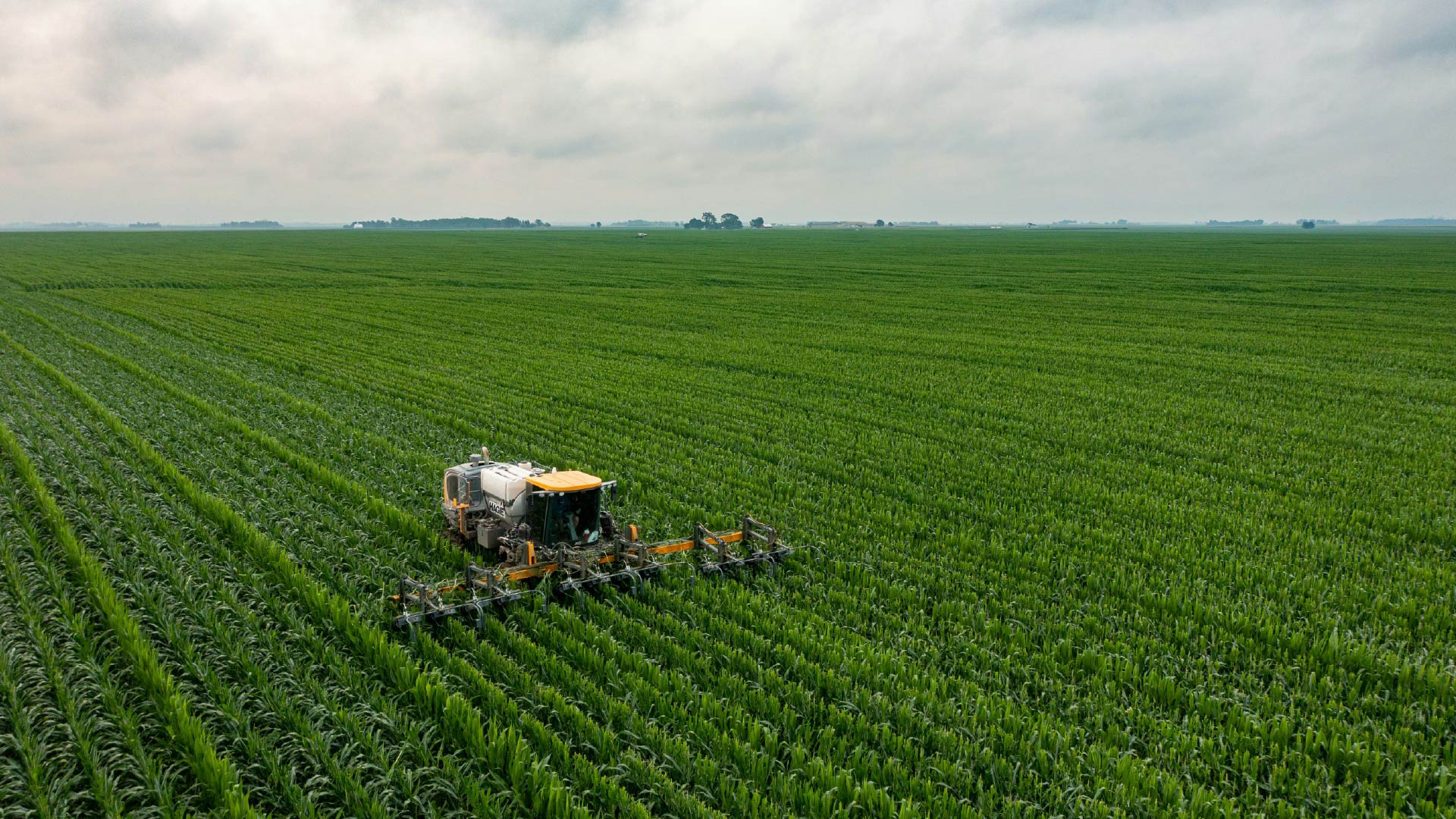One Small Click, One Giant Leap: How LCA Software Is Reshaping Sustainability
Life cycle assessment (LCA) software is rapidly emerging as a cornerstone technology for firms striving to embed sustainability into their product development, manufacturing and supply chain processes. The recent acquisitions of SimaPro and PRé Sustainability by One Click LCA marks a critical juncture in the evolution of this software market. The combined platform brings together over 500,000 LCA data sets and 140 standards and methods, serving customers in over 170 countries. This consolidation not only reflects the increasing importance of reliable sustainability data but also signals a growing demand for scalable and accessible tools that enable organizations to systematically quantify and mitigate their environmental impacts.
Indeed, Verdantix 2025 global corporate survey data show that LCA software is projected to see increased investment from 52% of firms globally. Certain industries – such as healthcare, which includes medical device manufacturing – expect 100% of organizations to boost spending. This growth is driven by increasing regulatory pressures, rising corporate sustainability commitments and stakeholder demands for transparency around product sustainability claims. Moreover, European Commission studies indicate that 80% of a product’s environmental impact is locked in during the design phase, underscoring the value of early-stage LCA integration.
LCA software plays a critical role in sustainability by quantifying the environmental impact of products and processes throughout the life cycle, from raw material extraction through manufacturing, transportation and usage to disposal or recycling. These quantitative insights enable firms to prioritize impactful interventions, optimize designs for circularity, and transparently report environmental claims to customers, investors and regulators.
Current trends, new investments and product launches increasingly emphasize AI-assisted automation, expanded scope of lifecycle data, and seamless integration with enterprise workflow systems such as PLM and ERP. For instance, Reborn Material, a plastic waste transformation solutions provider, has acquired B2En to develop an advanced lifecycle analysis platform with AI functionality and ESG data verification. Moreover, Makersite, a vendor of product lifecycle intelligence software, raised $70.2 million in July 2025 to expand its AI capabilities; its platform integrates with large PLM systems such as Siemens’s Teamcenter and PTC’s Windchill, as well as design software tools from firms such as Ansys and Autodesk. This trend reflects a potential shift from standalone LCA tools to ecosystem-wide platforms, where environmental impact data flows dynamically through product development, supply chain management and reporting processes.
LCA software is evolving, with several trends shaping its future:
- Expanded use of AI for data collection and to enhance predictive sustainability analytics and real-time environmental impact tracking.
- Greater interoperability with IoT devices and digital twins to capture lifecycle data continuously and simulate a dynamic, live view of a product’s life cycle.
- Blockchain technology to provide a secure, immutable and transparent record of data to verify sustainability claims – this is especially crucial in industries like fashion, where supply chains can be complex and hard to track.
- A push for consistent frameworks and universal standards in LCA methodologies is gaining momentum, aiming to make the process more reliable, comparable and understandable.
- Rise of cloud-based, subscription-based LCA tools for small businesses, enabling them to perform LCAs without the steep learning curve or large costs associated with traditional LCA software or manual tools (as, for example, manual generation of EPDs with PCF reports can cost between $10,000 and $50,000).
For businesses committed to sustainability leadership, adopting advanced LCA software is becoming essential for compliance, risk mitigation and long-term value creation.
To learn more about product sustainability, sign up to our upcoming webinar The Future Of Product Sustainability: The Innovations Driving Change on September 23.
About The Author

Jessie Wilson
Industry Analyst





